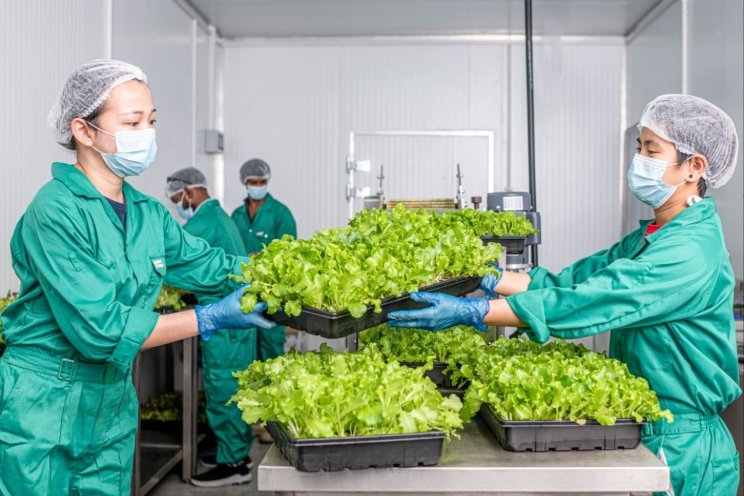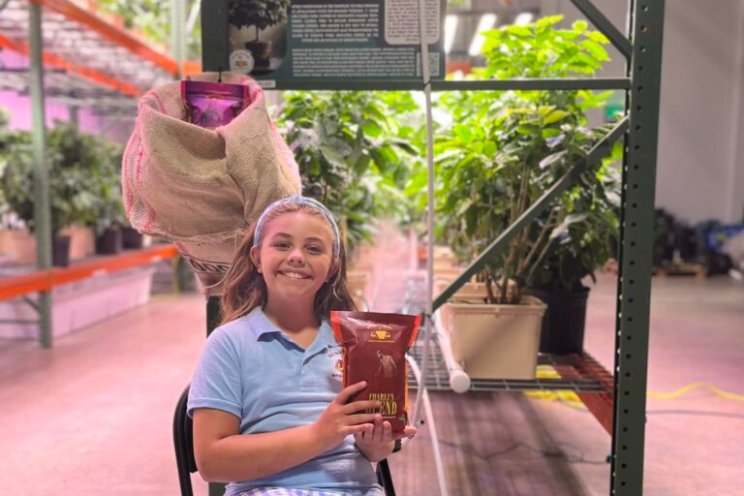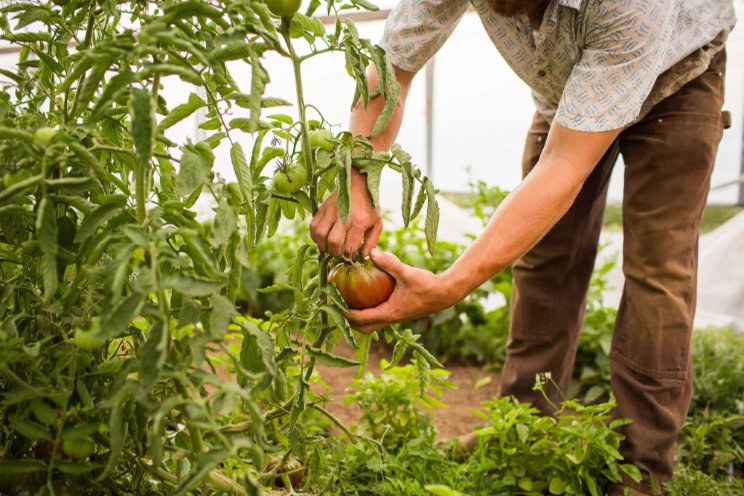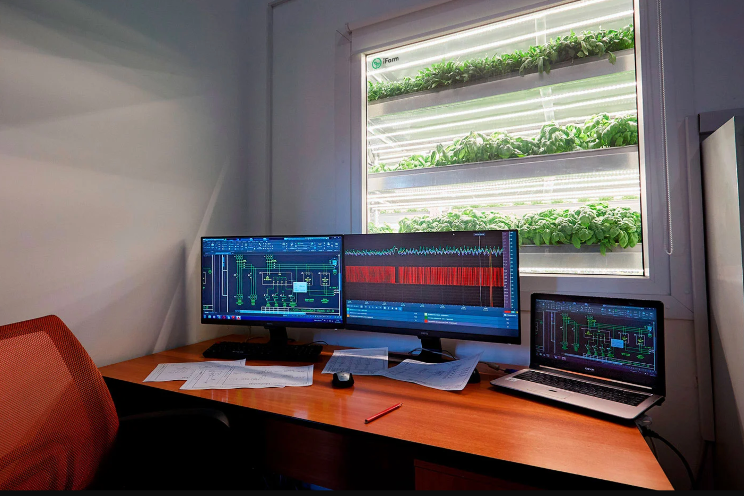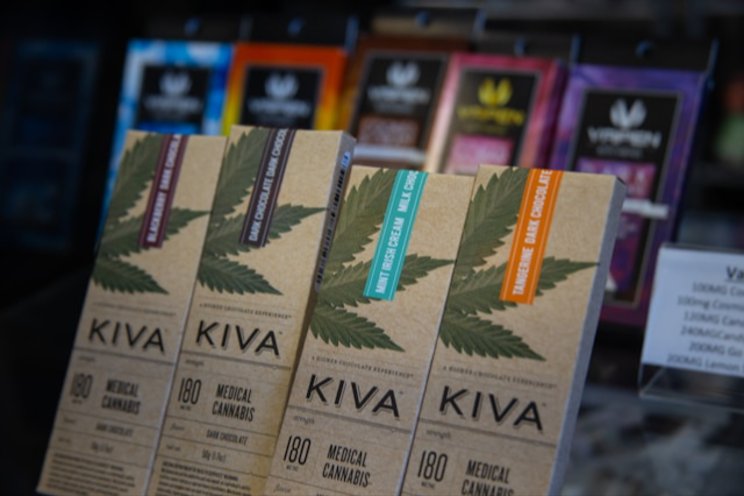Relation between full integrated control system and key concepts
Added on 16 January 2022

These days every decision you make about managing your greenhouse and the crops you grow in it depends on data - and the more data you're able to draw on, the better and more consistent your decision-making is likely to be.
You don't need AI to make your control system smarter
Until recently for many, 'data' meant a grower's accumulated experience, alongside any written records kept for future reference.
But modern integrated greenhouse controls capture and use data from a vast array of sensors - from weather stations and temperature and humidity sensors to fertiliser dose settings and vent or screen positions - so have the game-changing ability to archive, and help you use, detailed records on everything that can have an impact on your crop.
The implications for improved decision-making and planning are almost as important a benefit from such systems as the more efficient and effective day-to-day climate control they deliver, according to US greenhouse systems engineering consultant Jeff Woolsey.
"We hear a lot about artificial intelligence but you don't need it to make your control system smarter," he told a grower webinar in November. "Integrated control can be a game-changer in smaller as well as large facilities. Whatever size nursery, it will bring the same advantages."
What are the three key points to consider?
Whether you're introducing integration by upgrading an existing control system or investing in a new one, there are three key points to consider, he says.
Click here to read more.
Photo Courtesy of AIPH
Source: AIPH
More news

